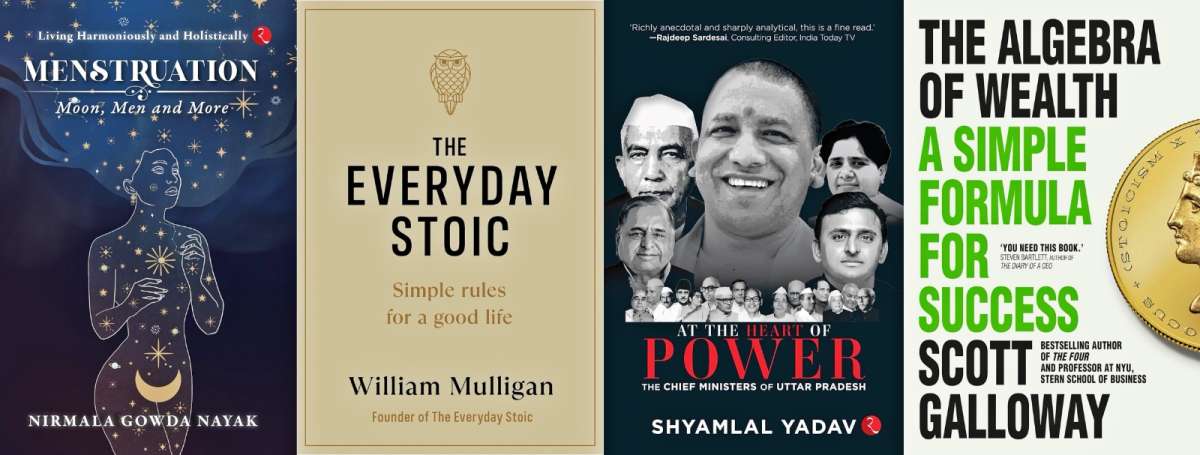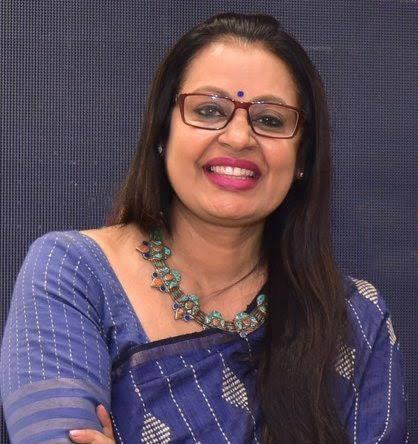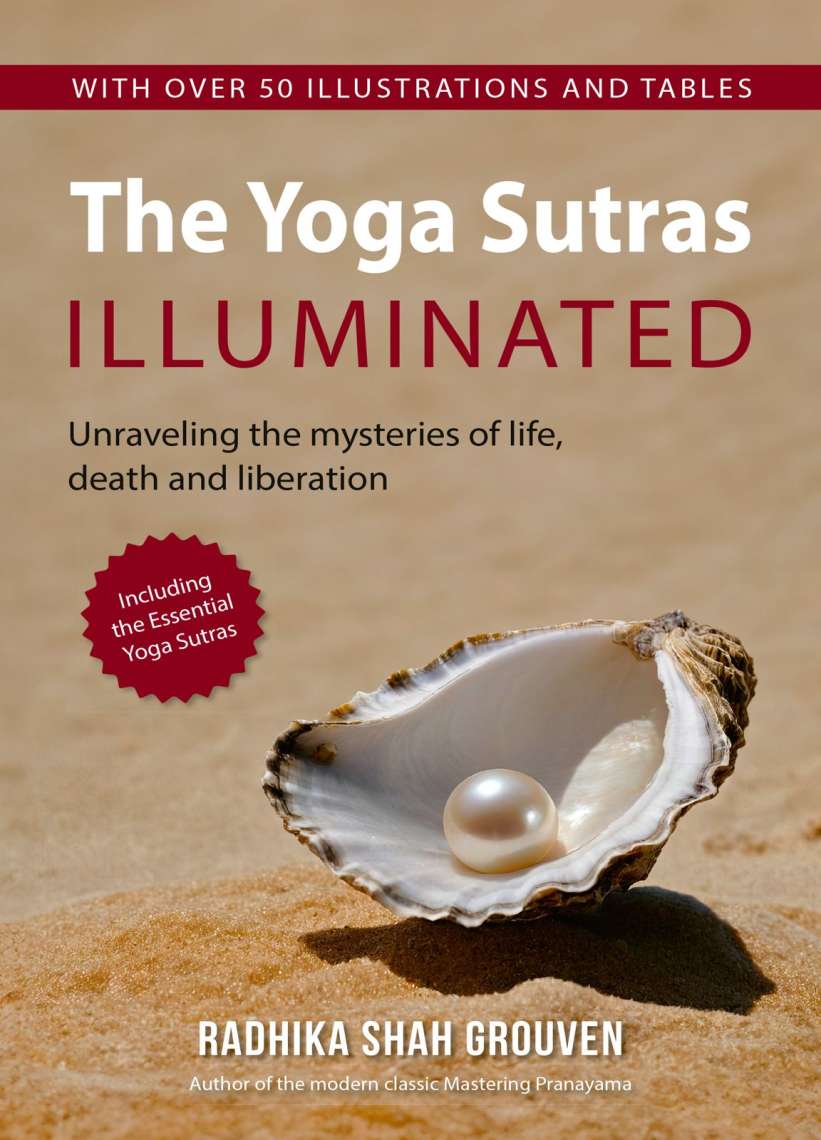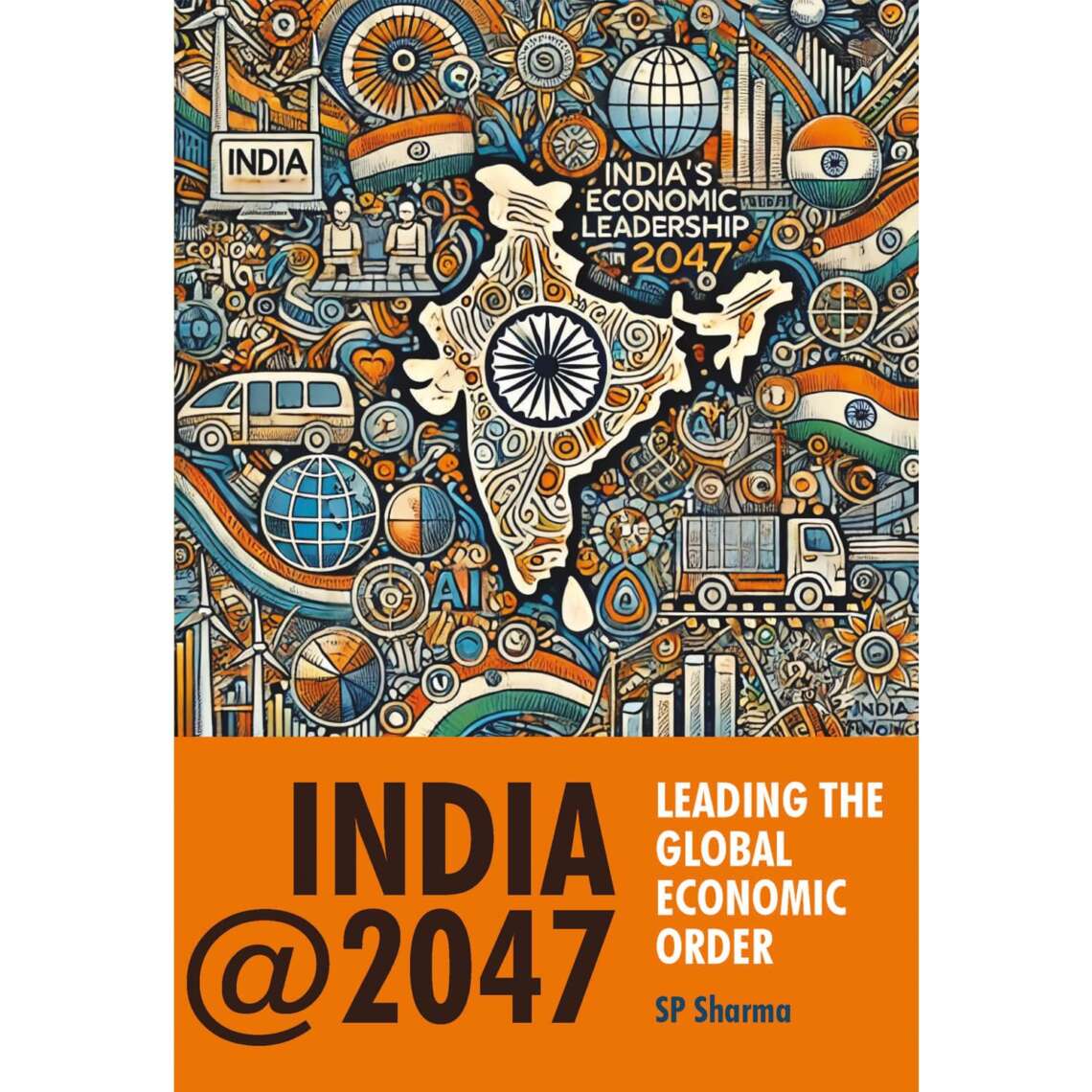Ambedkar ensured his wife was cremated according to traditional Hindu rituals, though wearing her favourite white sari rather than the green one tradition required. He then retired to his room and wept all night…writes Sashi Tharoor
In an unusual instance, Ramabai had wholeheartedly participated in Ambedkar’s idiosyncratic shraddha ceremony for his deceased father. Instead of offering a meal and sweets to Brahmins after the ceremony as the ritual normally requires, Ambedkar offered a meal of meat and fish to 40 students from his community.
Ambedkar was shattered by the death of his beloved Ramu (the diminutive by which he called her). She had suffered much for him, endured his neglect and his preoccupation with public life stoically, starved to keep her family fed, borne the burdens of the years when the family could barely make ends meet, and mourned the loss of three sons and a daughter.
“She did not flinch from carrying basketfuls of cow dung on her head during periods of financial distress,” Ambedkar had written in a revealing article in ‘Bahishkrit Bharat’ in 1928. “And this writer could not find even half an hour in 24 hours for this extremely affectionate, amiable and venerable wife.”
Ambedkar ensured his wife was cremated according to traditional Hindu rituals, though wearing her favourite white sari rather than the green one tradition required. He then retired to his room and wept all night.
Five years later, when he published his book ‘Pakistan or the Partition of India’, Ambedkar dedicated it to Ramabai: Inscribed to the memory of Ramu.
“As a token of my appreciation of her goodness of heart, her nobility of mind and her purity of character and also for the cool fortitude and readiness to suffer along with me which she showed in those friendless days of want and worries which fell to our lot.”
Ambedkar was an early feminist. His relationship with his first wife, Ramabai, founded upon friendship and debate despite disagreement, in many ways is an accurate representation of one of the most powerful feminist slogans of the twentieth century, ‘The Personal Is Political’.
Ambedkar’s feminism within the home was certainly unusual for an Indian and practically unknown at the time for an Indian male. He spoke extensively on the role of women in Indian society; he did not exclude women from his emphasis on equality, placing equal emphasis upon both caste and gender-based discrimination.
Ambedkar had argued in his pioneering 1916 Columbia lecture on ‘Castes in India’ that endogamous marriage — marriage exclusively within the same caste and community — was the primary reason for the perpetuation of caste. His challenge to privilege and hierarchy extended to questioning the norms that extended these notions within the home.
He elaborated further on the thought in a talk to a female audience at the All-India Depressed Classes Women’s Conference (1942): “Give education to your children. Instil ambitions in them… Don’t be in a hurry to marry: marriage is a liability. You should not impose it upon children unless financially they are able to meet the liabilities arising from them… Above all let each girl who marries stand up to her husband, claim to be her husband’s friend and equal, and refuse to be his slave.”
His courageous undermining of the sanctity of marriage in a society where great importance is given to the marital status of a woman, and his demand for women to stand as equals with men within marriage, constituted an unparalleled and audacious assertion of dignity for Indian women within their own families. In this he was a rare and pioneering male voice in a tradition of Dalit feminism ranging from Muktabai Salve in the mid-nineteenth century to Jaibai Chaudhari in the early twentieth.
Ambedkar would go on to declare in 1938 to the Bombay Legislative Assembly, “If men had to bear the pangs which women have to undergo during childbirth none of them would even consent to bear more than a single child in his life.”
In his work in the Assembly, Ambedkar also highlighted women’s limited recourse to medical assistance, and loss of lives due to inadequate affordable healthcare, an issue that is still largely unresolved.
Instead of having children in rapid succession, and subsequently opting for risky abortions, Ambedkar boldly recommended birth control in the interests of the woman’s health and well-being. Ambedkar sought to pass a resolution in support of government-funded birth control in the Bombay Legislative Assembly in 1938, but his resolution was defeated with 11 members voting in favour of the Bill and 52 members opposing it (on the grounds that it would spread immorality and cause a breakdown of the Indian family unit). His reaction can only be imagined.
ALSO READ-Lala Shri Ram: The Man Who Saw Tomorrow













